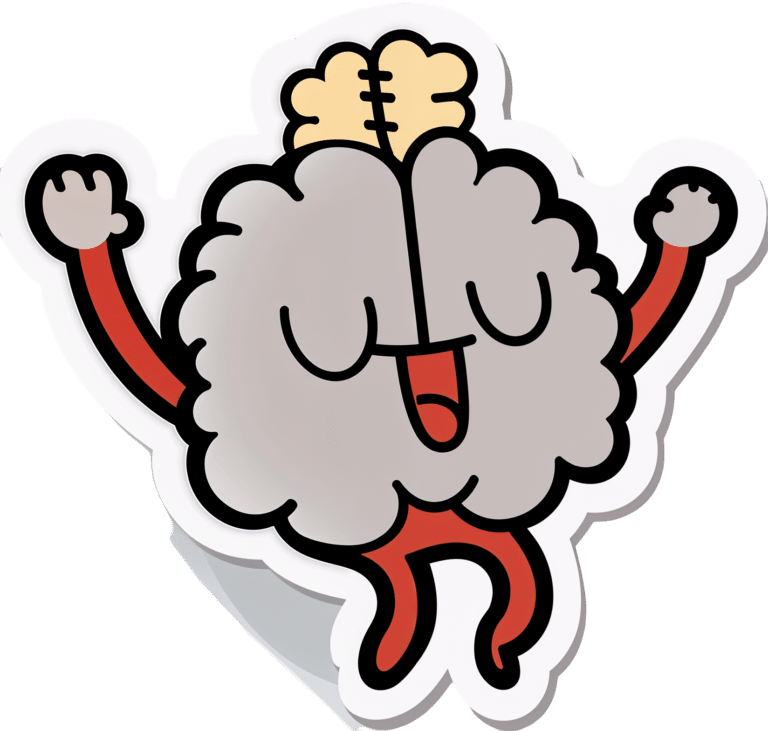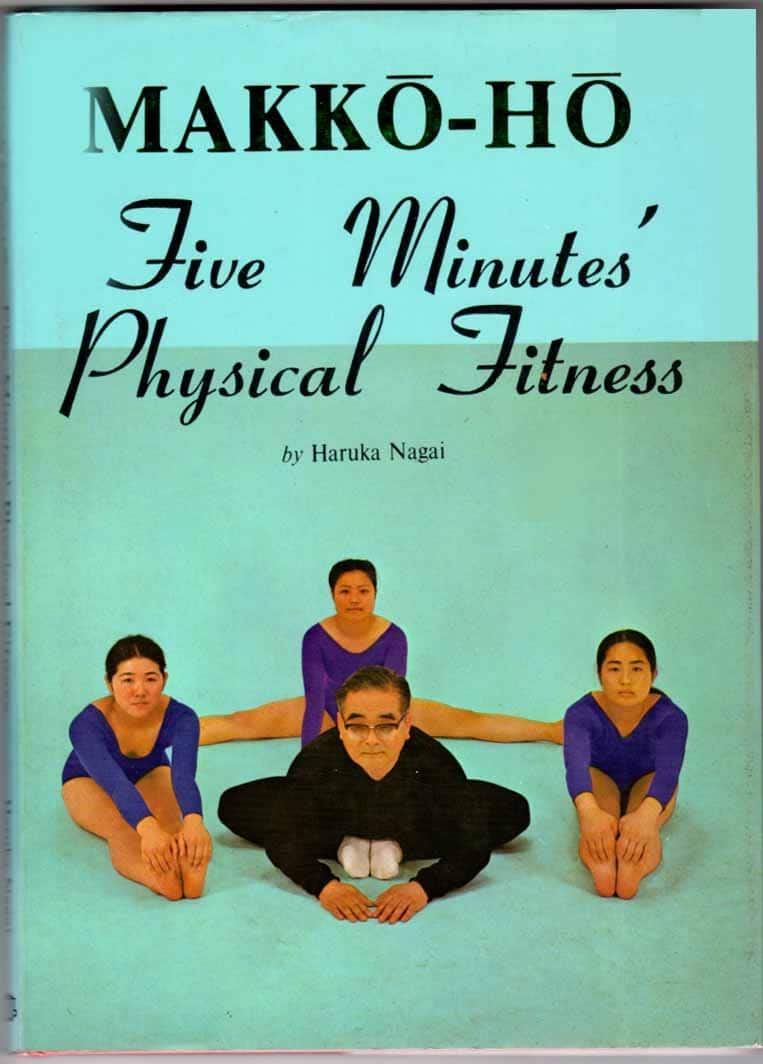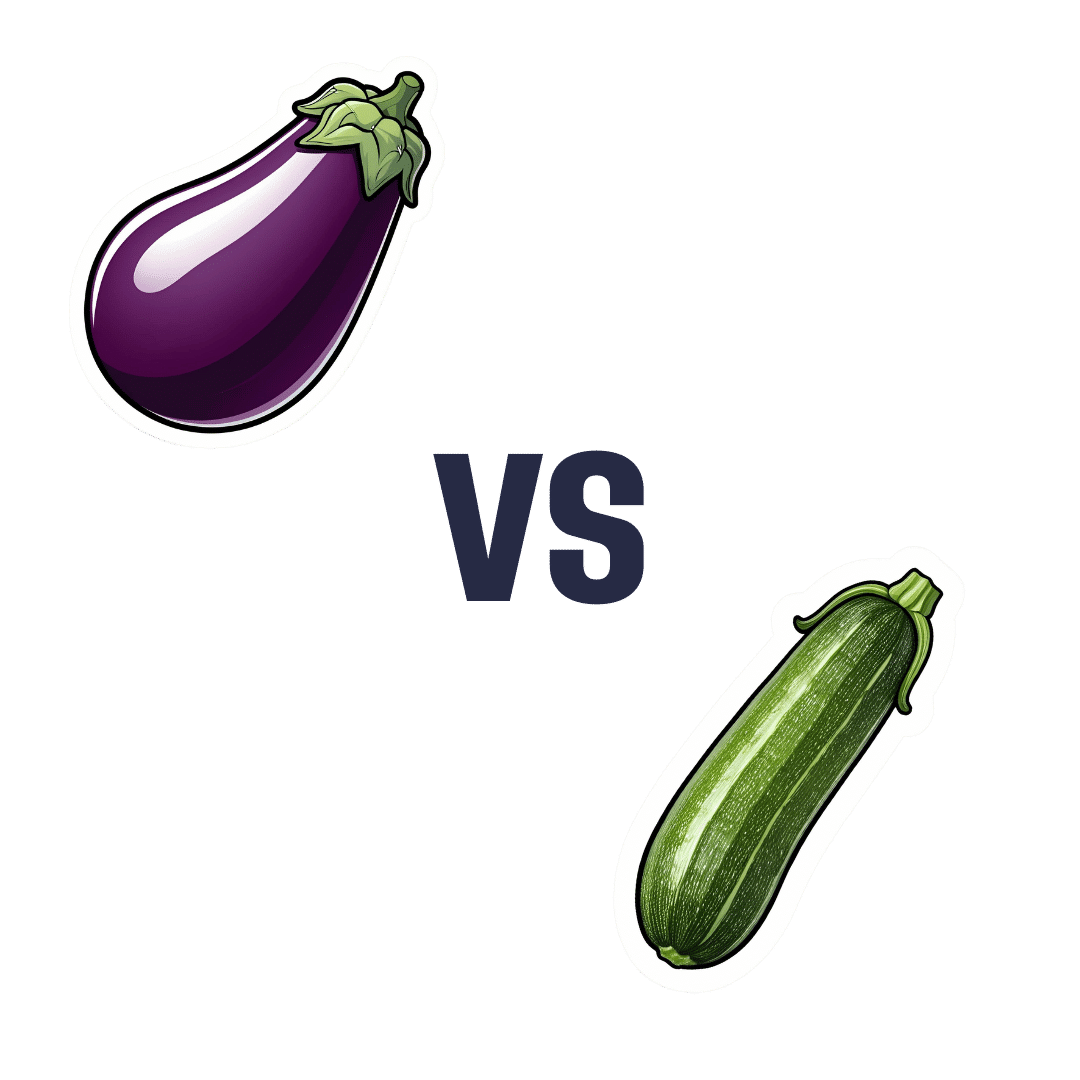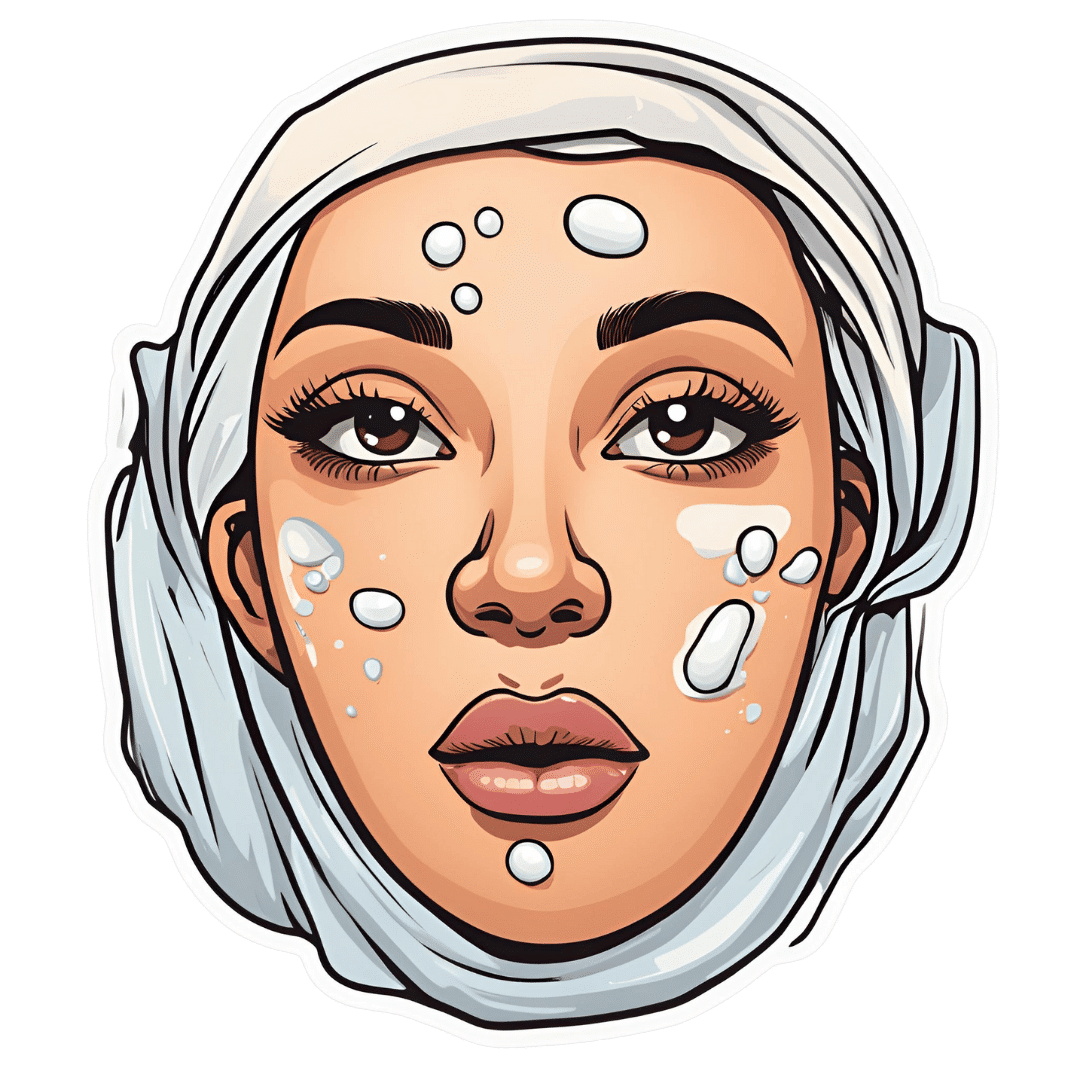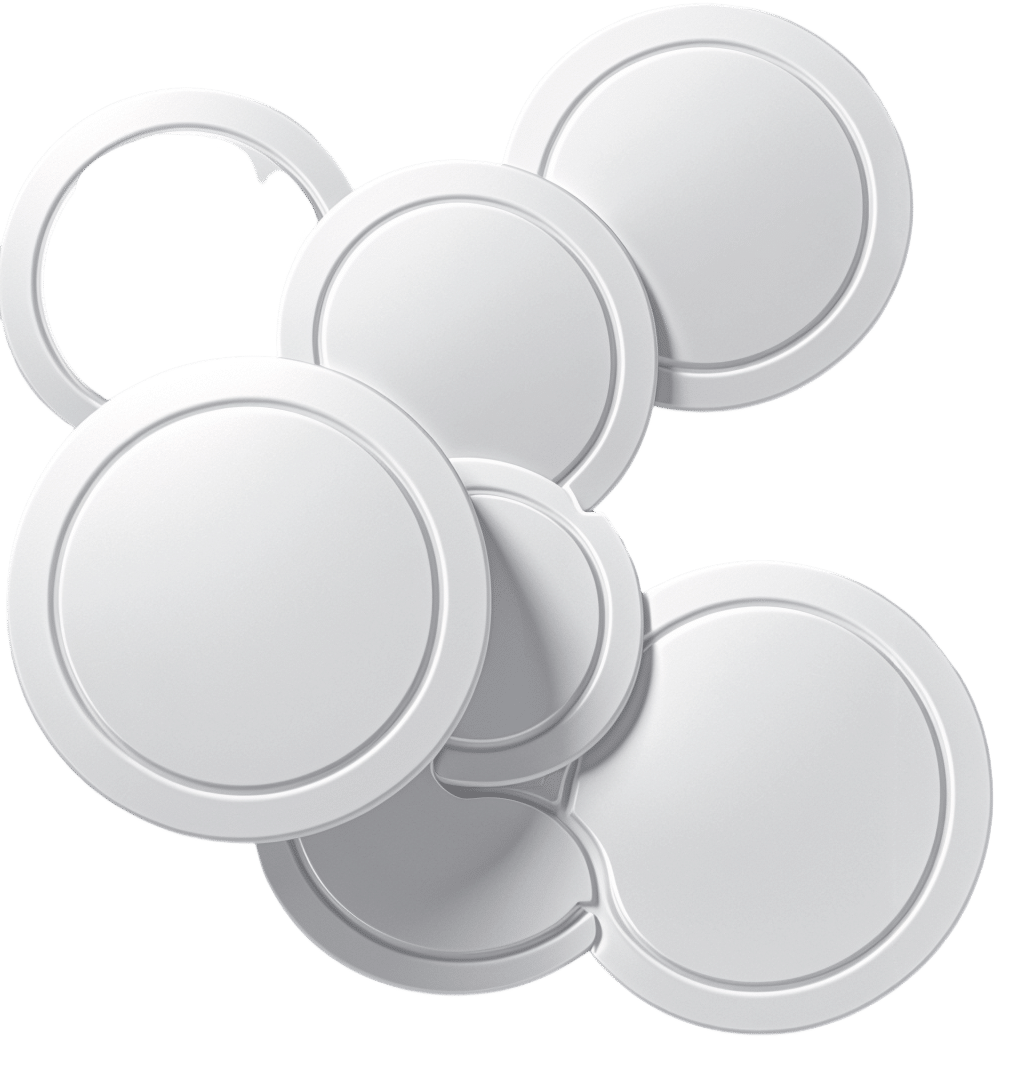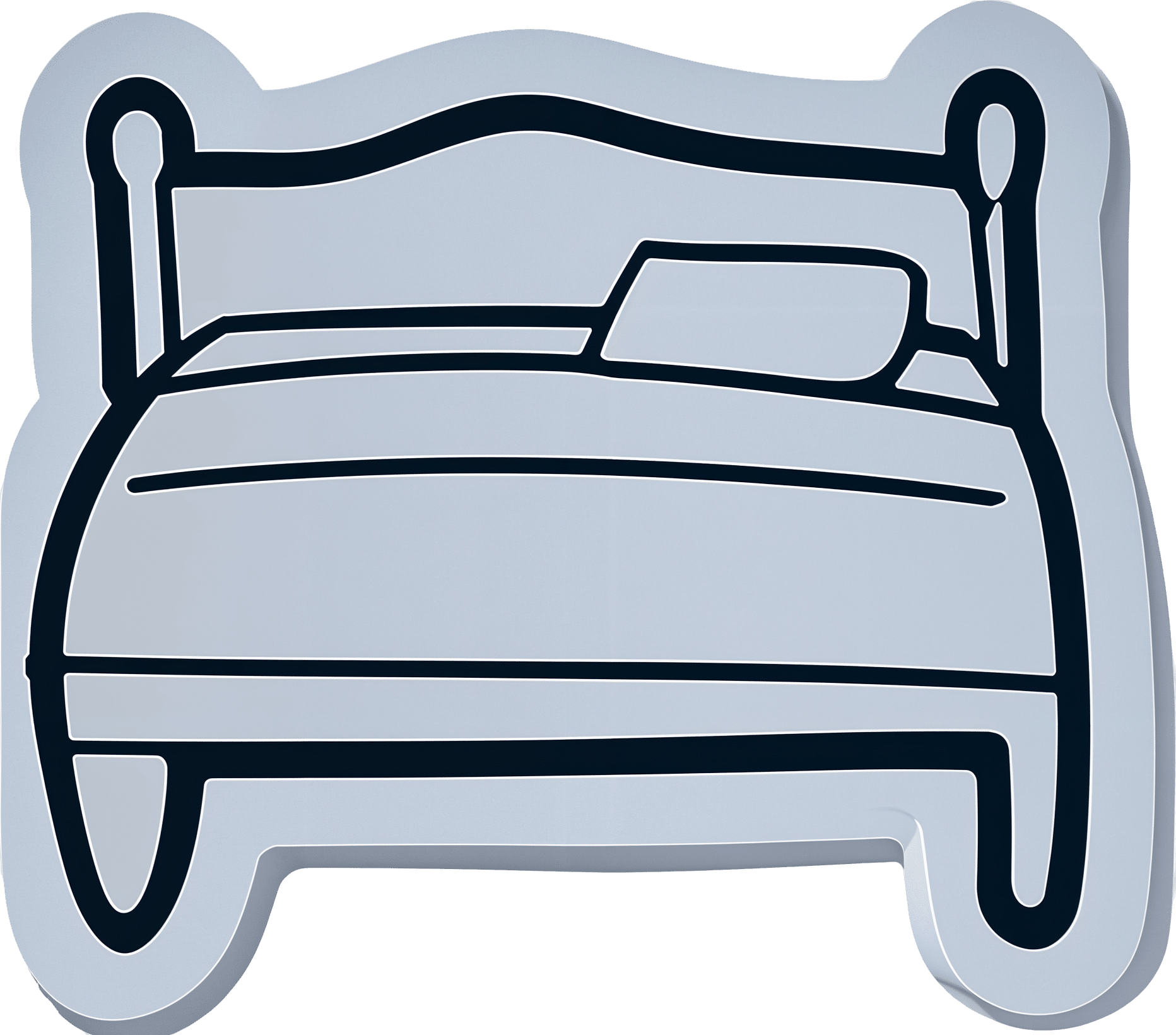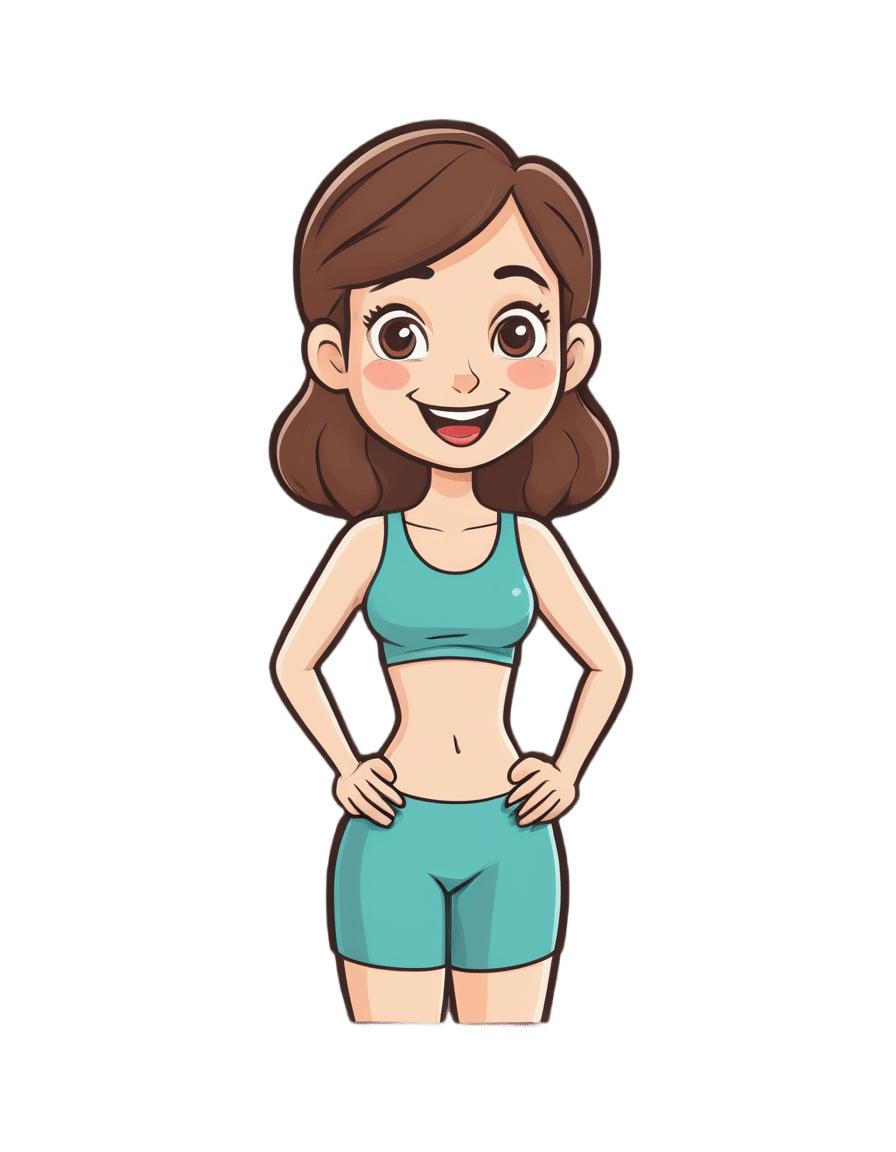
How Are You?
10almonds is reader-supported. We may, at no cost to you, receive a portion of sales if you purchase a product through a link in this article.
Answering The Most Difficult Question: How Are You?
Today’s feature is aimed at helping mainly two kinds of people:
- “I have so many emotions that I don’t always know what to do with them”
- “What is an emotion, really? I think I felt one some time ago”
So, if either those describe you and/or a loved one, read on…
Alexithymia
Alexi who? Alexithymia is an umbrella term for various kinds of problems with feeling emotions.
That could be “problems feeling emotions” as in “I am unable to feel emotions” or “problems feeling emotions” as in “feeling these emotions is a problem for me”.
It is most commonly used to refer to “having difficulty identifying and expressing emotions”.
There are a lot of very poor quality pop-science articles out there about it, but here’s a decent one with good examples and minimal sensationalist pathologization:
Alexithymia Might Be the Reason It’s Hard to Label Your Emotions
A somatic start
Because a good level of self-awareness is critical for healthy emotional regulation, let’s start there. We’ll write this in the first person, but you can use it to help a loved one too, just switching to second person:
Simplest level first:
Are my most basic needs met right now? Is this room a good temperature? Am I comfortable dressed the way I am? Am I in good physical health? Am I well-rested? Have I been fed and watered recently? Does my body feel clean? Have I taken any meds I should be taking?
Note: If the answer is “no”, then maybe there’s something you can do to fix that first. If the answer is “no” and also you can’t fix the thing for some reason, then that’s unfortunate, but just recognize it anyway for now. It doesn’t mean the thing in question is necessarily responsible for how you feel, but it’s good to check off this list as a matter of good practice.
Bonus question: it’s cliché, but if applicable… What time of the month is it? Because while hormonal mood swings won’t create moods out of nothing, they sure aren’t irrelevant either and should be listened to too.
Bodyscanning next
What do you feel in each part of your body? Are you clenching your jaw? Are your shoulders tense? Do you have a knot in your stomach? What are your hands doing? How’s your posture? What’s your breathing like? How about your heart? What are your eyes doing?
Your observations at this point should be neutral, by the way. Not “my posture is terrible”, but “my posture is stooped”, etc. Much like in mindfulness meditation, this is a time for observing, not for judging.
Narrowing it down
Now, like a good scientist, you have assembled data. But what does the data mean for your emotions? You may have to conduct some experiments to find out.
Thought experiments: what calls to you? What do you feel like doing? Do you feel like curling up in a ball? Breaking something? Taking a bath? Crying?
Maybe what calls to you, or what you feel like doing, isn’t something that’s possible for you to do. This is often the case with anxiety, for example, and perhaps also guilt. But whatever calls to you, notice it, reflect on it, and if it’s something that your conscious mind considers reasonable and safe for you to do, you can even try doing it.
Your body is trying to help you here, by the way! It will try (and usually succeed) to give you a little dopamine spike when you anticipate doing the thing it wants you to do. Warning: it won’t always be right about what’s best for you, so do still make your own decisions about whether it is a good idea to safely do it.
Practical experiments: whether you have a theory or just a hypothesis (if you have neither make up a hypothesis; that is also what scientists do), you can also test it:
If in the previous step you identified something you’d like to do and are able to safely do it, now is the time to try it. If not…
- Find something that is likely to (safely) tip you into emotional expression, ideally, in a cathartic way. But, whatever you can get is good.
- Music is great for this. What songs (or even non-lyrical musical works) make you sad, happy, angry, energized? Try them.
- Literature and film can be good too, albeit they take more time. Grab that tear-jerker or angsty rage-fest, and see if it feels right.
- Other media, again, can be completely unrelated to the situation at hand, but if it evokes the same emotion, it’ll help you figure out “yes, this is it”.
- It could be a love letter or a tax letter, it could be an outrage-provoking news piece or some nostalgic thing you own.
Ride it out, wherever it takes you (safely)
Feelings feel better felt. It doesn’t always seem that way! But, really, they are.
Emotions, just like physical sensations, are messengers. And when a feeling/sensation is troublesome, one of the best ways to get past it is to first fully listen to it and respond accordingly.
- If your body tells you something, then it’s good to acknowledge that and give it some reassurance by taking some action to appease it.
- If your emotions are telling you something, then it’s good to acknowledge that and similarly take some action to appease it.
There is a reason people feel better after “having a good cry”, or “pounding it out” against a punchbag. Even stress can be dealt with by physically deliberately tensing up and then relaxing that tension, so the body thinks that you had a fight and won and can relax now.
And when someone is in a certain (not happy) mood and takes (sometimes baffling!) actions to stay in that mood rather than “snap out of it”, it’s probably because there’s more feeling to be done before the body feels heard. Hence the “ride it out if you safely can” idea.
How much feeling is too much?
While this is in large part a subjective matter, clinically speaking the key question is generally: is it adversely affecting daily life to the point of being a problem?
For example, if you have to spend half an hour every day actively managing a certain emotion, that’s probably indicative of something unusual, but “unusual” is not inherently pathological. If you’re managing it safely and in a way that doesn’t negatively affect the rest of your life, then that is generally considered fine, unless you feel otherwise about it.
If you do think “I would like to not think/feel this anymore”, then there are tools at your disposal too:
- How To Manage Chronic Stress
- How To Set Anxiety Aside
- How To Stop Revisiting Those Memories
- How To Stay Alive (When You Really Don’t Want To)
Take care!
Don’t Forget…
Did you arrive here from our newsletter? Don’t forget to return to the email to continue learning!
Recommended
Learn to Age Gracefully
Join the 98k+ American women taking control of their health & aging with our 100% free (and fun!) daily emails:
-
Makkō-Hō – by Haruka Nagai
10almonds is reader-supported. We may, at no cost to you, receive a portion of sales if you purchase a product through a link in this article.
We’ve all heard the claims, “Fluent in 3 Months!”, “Russian in Two Weeks!”, “Overnight Mandarin Chinese”, “15-Minute Arabic!”, “Instant Italian!”.
We see the same in the world of health and fitness too. So how does this one’s claim of “five minutes’ physical fitness” hold up?
Well, it is 5 minutes per day. And indeed, the author writes:
❝The total time [to do these exercises], then, is only one minute and thirty seconds. This series I call one round. When it has been completed, execute another complete round. You should find the exercises easier to do the second time. Executed this way, the exercsies will prove very effective, though they take only three minutes in all. After you have leaned back into the final position, you must remain in that posture for one minute. That brings the total time to four minutes. Even when [some small additions] are added, it takes only five minutes at most.❞
The exercises themselves are from makkō-hō, which is a kind of Japanese dynamic yoga. They involve repetitions of (mostly) moving stretches with good form, and are excellent for mobility and general health, keeping us supple and robust as we get older.
The text descriptions are clear, as are the diagrams and photos. The language is a little dated, as this book was written in the 1970s, but the techniques themselves are timeless.
Bottom line: consider it a 5-minute anti-aging regimen. And, as Nagai says, “the person who cannot find 5 minutes out of 24 hours, was never truly interested in their health”.
Click here to check out Makkō-Hō and schedule your five minutes!
Share This Post
-
Eggplant vs Zucchini – Which is Healthier?
10almonds is reader-supported. We may, at no cost to you, receive a portion of sales if you purchase a product through a link in this article.
Our Verdict
When comparing eggplant to zucchini, we picked the zucchini.
Why?
In terms of macros, eggplant has more carbs and fiber while zucchini has more protein; we’ll generally prioritize fiber, so call this a subjective win for eggplant in this category, though an argument could be made for a tie.
In the category of vitamins, eggplant has more of vitamins B3, B5, and E, while zucchini has more of vitamins A, B1, B2, B6, B9, C, K, and choline, scoring a win for zucchini here.
Looking at minerals, eggplant has more copper, manganese, and selenium, while zucchini has more calcium, iron, magnesium, phosphorus, potassium and zinc, meaning another win for zucchini in this round.
In terms of polyphenols, eggplant has a greater variety of polyphenols, while zucchini has greater total mass of polyphenols, so we’re calling this one a tie.
Adding up the sections makes for an overall win for zucchini, but by all means enjoy either or both (perhaps together!); diversity is good!
Want to learn more?
You might like:
What’s Your Plant Diversity Score?
Enjoy!
Share This Post
-
Here’s To Getting Assuredly Good Health
10almonds is reader-supported. We may, at no cost to you, receive a portion of sales if you purchase a product through a link in this article.
An unusual amount of excitement in the health news world this week, with health insurance in the spotlight:
Deny, Delay, Depose?
Insurance company UnitedHealthcare, which used AI with a 90% error rate to deny insurance claims (of which, disproportionately denying insurance claims of the elderly), has come under extra public scrutiny this week for its recent-years business practices:
❝Nearly 1 in 5 insured adults experienced claim denials during a 12-month period.
Those with job-based insurance or Affordable Care Act policies ran into this problem about twice as often as those covered by Medicare or Medicaid❞
…although, the company has dramatically increased its care denials for Medicare Advantage enrollees, doubling the rate of denials as it implemented its new, automated denials process.
Anesthesiologist Dr. Brain Schmutzler noted:
❝We have a bigger issue with the insurance companies in general, who, essentially, it’s their job to make money, not to actually pay for health care❞
And in those cases where healthcare is not denied, it is often dangerously delayed, as insurance companies can stall for time to decide whether they’re going to pay or not.
One useful take-away from all of this is that if your insurance claim is denied, consider fighting it, as often they can be overturned.
Specifically, it can be good to insist on knowing who (named persons) was involved in the denial process, and their qualifications. Once upon a time, this was mostly unqualified interns, which prompted insurance companies to reverse the denial rather than admit that; nowadays it’s mostly AI, which many companies can hope will shield them from culpability—either way, fighting for one’s rights can often be successful.
Read in full: Killing of UnitedHealthcare CEO prompts flurry of stories on social media over denied insurance claims
Related: With Medical Debt Burdening Millions, a Financial Regulator Steps In to Help
Rest Easy
Health insurer Elevance Health (formerly Anthem Blue Cross Blue Shield), had last month announced plans to limit its coverage for anesthesia used in operations, whereby they would pay for only a certain amount of anesthetic, and if the procedure was still ongoing when that amount had been used, then well, you were on your own.
However, on Thursday afternoon and allegedly completely coincidentally in the wake of the Wednesday assassination of the CEO who oversaw the denial of so many health insurance claims, this decision to limit paying for anesthesia was reversed, retracted, and they are now doing their best to downplay what the proposal would have meant for anesthesiologists and patients:
Read in full: Insurance company halts plan to put time limits on coverage for anesthesia during surgery
Related: The Insider’s Guide To Making Hospital As Comfortable As Possible ← an anesthesiologist’s tips
Getting a good grip of your health
What’s the best indicator of good health when it comes to age-related health issues? It’s not BMI! Could it be blood pressure? It could, but the news presently is about grip strength.
While training to have an amazing grip (and neglecting all else) will not necessarily increase your general healthspan, having a weak or strong grip is strongly associated with, respectively, having weak or strong general health in later years.
This is because unless someone has been training very unnaturally, grip strength is a good general measure of overall muscle strength, which in turn is a good indicator of metabolic health, as well as bodily robustness.
Read in full: Handgrip strength is a reliable predictor for age-related disease and disability, finds study
Related: Resistance Is Useful! (Especially As We Get Older)
Take care!
Share This Post
Related Posts
-
The Evidence-Based Skincare That Beats Product-Specific Hype
10almonds is reader-supported. We may, at no cost to you, receive a portion of sales if you purchase a product through a link in this article.
A million videos on YouTube will try to sell you a 17-step skincare routine, or a 1-ingredient magical fix that’s messy and inconvenient enough you’ll do it once and then discard it. This one takes a simple, scientific approach instead.
The Basics That Count
Ali Abdaal, known for his productivity hacks channel, enlisted the help of his friend, dermatologist Dr. Usama Syed, who recommends the following 3–4 things:
- Moisturize twice per day. Skin acts as a barrier, locking in moisture and protecting against irritants. Moisturizers replenish fats and proteins, maintaining this barrier and preventing dry, inflamed, and itchy skin. He uses CeraVe, but if you have one you know works well with your skin, stick with that, because skin comes in many varieties and yours might not be like his.
- Use sunscreen every day. Your phone’s weather app should comment on your local UV index. If it’s “moderate” or above, then sunscreen is a must—even if you aren’t someone who burns easily at all, the critical thing here is avoiding UV radiation causing DNA mutations in skin cells, leading to wrinkles, dark spots, and potentially skin cancer. Use a broad-spectrum sunscreen, ideally SPF 50.
- Use a retinoid. Retinoids are vitamin A-based and offer anti-aging benefits by promoting collagen growth, reducing pigmentation, and accelerating skin cell regeneration. Retinols are weaker, over-the-counter options, while stronger retinoids may require a prescription. Start gently with low dosage, whatever you choose, as initially they can cause dryness or sensitivity, before making everything better. He recommends adapalene as a starter retinoid (such as Differen gel, to give an example brand name).
- Optional: use a cleanser. Cleansers remove oils and dirt that water alone can’t. He recommends using a hydrating cleanser, to avoid stripping natural healthy oils as well as unwanted ones. That said, a cleanser is probably only beneficial if your skin tends towards the oily end of the dry-to-oily spectrum.
For more on all of these, plus an example routine, enjoy:
Click Here If The Embedded Video Doesn’t Load Automatically!
Want to learn more?
You might also like to read:
Take care!
Don’t Forget…
Did you arrive here from our newsletter? Don’t forget to return to the email to continue learning!
Learn to Age Gracefully
Join the 98k+ American women taking control of their health & aging with our 100% free (and fun!) daily emails:
-
Metformin For Weight-Loss & More
10almonds is reader-supported. We may, at no cost to you, receive a portion of sales if you purchase a product through a link in this article.
Metformin Without Diabetes?
Metformin is a diabetes drug; it works by:
- decreasing glucose absorption from the gut
- decreasing glucose production in the liver
- increasing glucose sensitivity
It doesn’t change how much insulin is secreted, and is unlikely to cause hypoglycemia, making it relatively safe as diabetes drugs go.
It’s a biguanide drug, and/but so far as science knows (so far), its mechanism of action is unique (i.e. no other drug works the same way that metformin does).
Today we’ll examine its off-label uses and see what the science says!
A note on terms: “off-label” = when a drug is prescribed to treat something other than the main purpose(s) for which the drug was approved.
Other examples include modafinil against depression, and beta-blockers against anxiety.
Why take it if not diabetic?
There are many reasons people take it, including just general health and life extension:
However, its use was originally expanded (still “off-label”, but widely prescribed) past “just for diabetes” when it showed efficacy in treating pre-diabetes. Here for example is a longitudinal study that found metformin use performed similarly to lifestyle interventions (e.g. diet, exercise, etc). In their words:
❝ Lifestyle intervention or metformin significantly reduced diabetes development over 15 years. There were no overall differences in the aggregate microvascular outcome between treatment groups❞
But, it seems it does more, as this more recent review found:
❝Long-term weight loss was also seen in both [metformin and intensive lifestyle intervention] groups, with better maintenance under metformin.
Subgroup analyses from the DPP/DPPOS have shed important light on the actions of metformin, including a greater effect in women with prior gestational diabetes, and a reduction in coronary artery calcium in men that might suggest a cardioprotective effect.
Long-term diabetes prevention with metformin is feasible and is supported in influential guidelines for selected groups of subjects.❞
Source: Metformin for diabetes prevention: update of the evidence base
We were wondering about that cardioprotective effect, so…
Cardioprotective effect
In short, another review (published a few months after the above one) confirmed the previous findings, and also added:
❝Patients with BMI > 35 showed an association between metformin use and lower incidence of CVD, including African Americans older than age 65. The data suggest that morbidly obese patients with prediabetes may benefit from the use of metformin as recommended by the ADA.❞
We wondered about the weight loss implications of this, and…
For weight loss
The short version is, it works:
- Effectiveness of metformin on weight loss in non-diabetic individuals with obesity
- Metformin for weight reduction in non-diabetic patients: a systematic review and meta-analysis
- Metformin induces weight loss associated with gut microbiota alteration in non-diabetic obese women
…and many many more where those came from. As a point of interest, it has also been compared and contrasted to GLP-1 agonists.
Compared/contrasted with GLP-1 agonists
It’s not quite as effective for weight loss, and/but it’s a lot cheaper, is tablets rather than injections, has fewer side effects (for most people), and doesn’t result in dramatic yoyo-ing if there’s an interruption to taking it:
Or if you prefer a reader-friendly pop-science version:
Ozempic vs Metformin: Comparing The Two Diabetes Medications
Is it safe?
For most people yes, but there are a stack of contraindications, so it’s best to speak with your doctor. However, particular things to be aware of include:
- Usually contraindicated if you have kidney problems of any kind
- Usually contraindicated if you have liver problems of any kind
- May be contraindicated if you have issues with B12 levels
See also: Metformin: Is it a drug for all reasons and diseases?
Where can I get it?
As it’s a prescription-controlled drug, we can’t give you a handy Amazon link for this one.
However, many physicians are willing to prescribe it for off-label use (i.e., for reasons other than diabetes), so speak with yours (telehealth options may also be available).
If you do plan to speak with your doctor and you’re not sure they’ll be agreeable, you might want to get this paper and print it to take it with you:
Off-label indications of Metformin – Review of Literature
Take care!
Don’t Forget…
Did you arrive here from our newsletter? Don’t forget to return to the email to continue learning!
Learn to Age Gracefully
Join the 98k+ American women taking control of their health & aging with our 100% free (and fun!) daily emails:
-
What Grief Does To Your Body (And How To Manage It)
10almonds is reader-supported. We may, at no cost to you, receive a portion of sales if you purchase a product through a link in this article.
What Grief Does To The Body (And How To Manage It)
In life, we will almost all lose loved ones and suffer bereavement. For most people, this starts with grandparents, eventually moves to parents, and then people our own generation; partners, siblings, close friends. And of course, sometimes and perhaps most devastatingly, we can lose people younger than ourselves.
For something that almost everyone suffers, there is often very little in the way of preparation given beforehand, and afterwards, a condolences card is nice but can’t do a lot for our mental health.
And with mental health, our physical health can go too, if we very understandably neglect it at such a time.
So, how to survive devastating loss, and come out the other side, hopefully thriving? It seems like a tall order indeed.
First, the foundations:
You’re probably familiar with the stages of grief. In their most commonly-presented form, they are:
- Denial
- Anger
- Bargaining
- Depression
- Acceptance
You’ve probably also heard/read that we won’t always go through them in order, and also that grief is deeply personal and proceeds on its own timescale.
It is generally considered healthy to go through them.
What do they look like?
Naturally this can vary a lot from person to person, but examples in the case of bereavement could be:
- Denial: “This surely has not really happened; I’ll carry on as though it hasn’t”
- Anger: “Why didn’t I do xyz differently while I had the chance?!”
- Bargaining: “I will do such-and-such in their honor, and this will be a way of expressing the love I wish I could give them in a way they could receive”
- Depression: “What is the point of me without them? The sooner I join them, the better.”
- Acceptance: “I was so lucky that we had the time together that we did, and enriched each other’s lives while we could”
We can speedrun these or we can get stuck on one for years. We can bounce back and forth. We can think we’re at acceptance, and then a previous stage will hit us like a tonne of bricks.
What if we don’t?
Assuming that our lost loved one was indeed a loved one (as opposed to someone we are merely societally expected to mourn), then failing to process that grief will tend to have a big impact on our life—and health. These health problems can include:
As you can see, three out of five of those can result in death. The other two aren’t great either. So why isn’t this taken more seriously as a matter of health?
Death is, ironically, considered something we “just have to live with”.
But how?
Coping strategies
You’ll note that most of the stages of grief are not enjoyable per se. For this reason, it’s common to try to avoid them—hence denial usually being first.
But, that is like not getting a lump checked out because you don’t want a cancer diagnosis. The emotional reasoning is understandable, but it’s ultimately self-destructive.
First, have a plan. If a death is foreseen, you can even work out this plan together.
But even if that time has now passed, it’s “better late than never” to make a plan for looking after yourself, e.g:
- How you will try to get enough sleep (tricky, but sincerely try)
- How you will remember to eat (and ideally, healthily)
- How you will still get exercise (a walk in the park is fine; see some greenery and get some sunlight)
- How you will avoid self-destructive urges (from indirect, e.g. drinking, to direct, e.g. suicidality)
- How you will keep up with the other things important in your life (work, friends, family)
- How you will actively work to process your grief (e.g. journaling, or perhaps grief counselling)
Some previous articles of ours that may help:
- How To Keep On Keeping On ← this is about looking after general health when motivation is low
- The Mental Health First-Aid You’ll Hopefully Never Need ← this is about managing depression
- How To Stay Alive (When You Really Don’t Want To) ← this is about managing suicidality
- Life After Death? (Your Life; A Loved One’s Death) ← this is about bereavement and romance
If it works, it works
If we are all unique, then any relationship between any two people is uniqueness squared. Little wonder, then, that our grief may be unique too. And it can be complicated further:
- Sometimes we had a complicated relationship with someone
- Sometimes the circumstances of their death were complicated
There is, for that matter, such a thing as “complicated grief”:
Read more: Complicated grief and prolonged grief disorder (Medical News Today)
We also previously reviewed a book on “ambiguous loss”, exploring grieving when we cannot grieve in the normal way because someone is gone and/but/maybe not gone.
For example, if someone is in a long-term coma from which they may never recover, or if they are missing-presumed-dead. Those kinds of situations are complicated too.
Unusual circumstances may call for unusual coping strategies, so how can we discern what is healthy and what isn’t?
The litmus test is: is it enabling you to continue going about your life in a way that allows you to fulfil your internal personal aspirations and external social responsibilities? If so, it’s probably healthy.
Look after yourself. And if you can, tell your loved ones you love them today.
Don’t Forget…
Did you arrive here from our newsletter? Don’t forget to return to the email to continue learning!
Learn to Age Gracefully
Join the 98k+ American women taking control of their health & aging with our 100% free (and fun!) daily emails:

